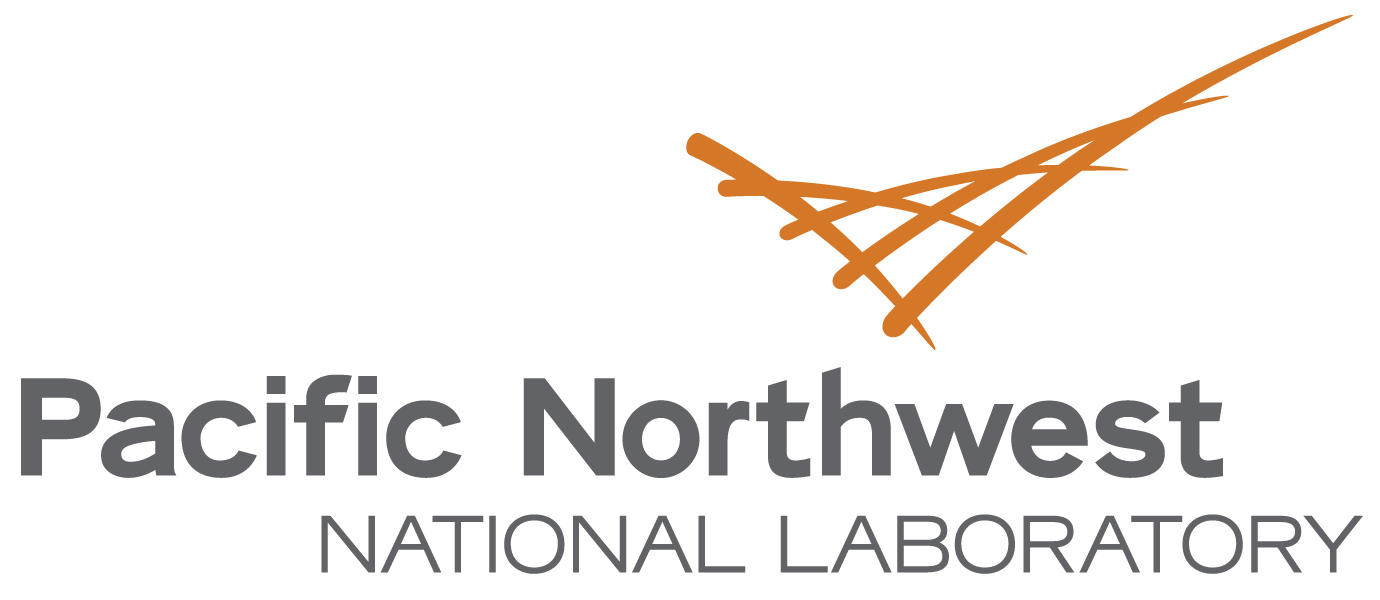Newswise — RICHLAND, Wash.—The Washington State Academy of Sciences has elected four scientists from the Department of Energy's Pacific Northwest National Laboratory to join its membership.
Vanessa Bailey, Zhiqun (Daniel) Deng, Karl Mueller and David Sheen were selected on their scientific and technical merits, as well as their willingness to work for the benefit of Washington state on behalf of the academy. As part of their membership, the researchers will address complex societal challenges and increase the role and visibility of science in Washington state.
A total of 26 newly elected members and three members from the National Academies of Sciences, Engineering, and Medicine who live or work in Washington state will be inducted into the academy at the 16th Annual Members Meeting on Sept. 13.
“PNNL is proud to partner with the Washington State Academy of Sciences and support its efforts to address critical issues facing our state,” said PNNL Director Steven Ashby. “We congratulate PNNL’s four new members in the class of 2023; their exceptional talents and expertise will advance the Academy’s mission.”
Vanessa Bailey
Through both field and laboratory studies, Bailey—a Laboratory Fellow at PNNL—investigates the stability and vulnerability of soil carbon to understand how this dynamic process influences Earth’s ecosystems. She leads the Coastal Observations, Mechanisms, and Predictions Across Systems and Scales—Field, Measurements, and Experiments (COMPASS-FME) project for the Department of Energy, Office of Science, Biological and Environmental Research program. In this project, she studies the interactions between land and sea to better understand the connected processes happening there, such as nutrient and carbon cycles, on an ecosystem scale.
Along with her work at PNNL, Bailey co-chaired several national workshops for DOE, the Carbon Cycle Interagency Working Group, and the U.S. Global Change Research Program.
Zhiqun (Daniel) Deng
Deng, a PNNL Laboratory Fellow, is an inventor of transformational technologies used for environmental monitoring and risk assessment of hydropower, wind, marine and hydrokinetic energy systems. He directs PNNL’s Bio-Acoustics and Flow Laboratory, a research facility where scientists address a wide range of engineering and ecological issues, such as how bats behave around wind turbines. He developed several licensed technologies in acoustic telemetry, environmental sensing and energy storage, and holds 14 U.S. patents. His inventions were recognized with an R&D 100 Award in 2021 and a Federal Laboratory Consortium Award for technology transfer in 2020 for PNNL. Additionally. Deng was named PNNL Inventor of the Year in 2022.
Deng’s work crosses many disciplines, from developing a “sensor fish” to measure the physical stressors that fish experience when passing through or around dams to creating a nanogenerator, a device that harnesses the power of the ocean to power sensors.
Karl Mueller
Mueller is a physical chemist and senior manager at PNNL. His research focuses primarily on the development and utilization of solid-state nuclear magnetic resonance (NMR) techniques, which are used to address unresolved questions in materials and chemical sciences. He also serves as PNNL’s lead principal investigator on a project for the Joint Center for Energy Storage Research, where he studies molecular-level details of new battery chemistries to create more efficient energy storage devices.
Mueller also holds leadership positions within PNNL, through which he advocates a science and technology vision that builds scientific reputation while also increasing diversity, equity, inclusion and accessibility in the scientific workforce. Under his guidance, the Chemical Sciences, Geosciences and Biosciences program at PNNL experienced explosive growth.
David Sheen
Sheen specializes in novel millimeter-wave and microwave systems, algorithms and techniques for security and other applications. Sheen runs the Engineering Development Laboratory at PNNL, where the technology behind airport security scanning systems was developed. Sheen invented core methods and algorithms that create images from signals—paving the way for imaging technologies that make it possible to visualize plastic and metal contraband under clothing.
He holds 14 U.S. patents and over 30 foreign patents. His work led to two R&D 100 Awards and two Federal Laboratory Consortium Awards for technology transfer at PNNL. Sheen also received the Distinguished Inventor of Battelle Award and was named a Laboratory Fellow for his scientific and engineering contributions.

